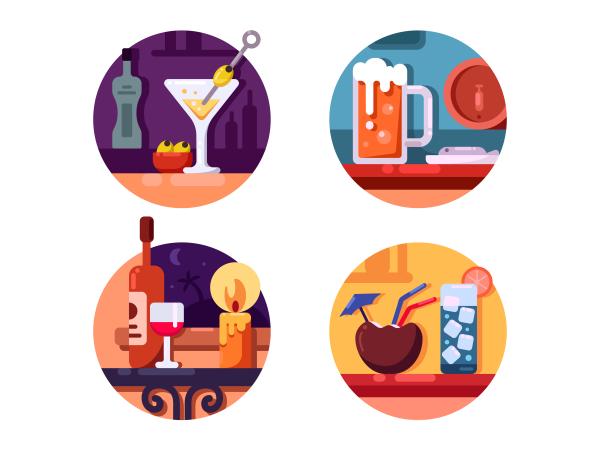If you read only the headlines this past weekend, your holiday festivities might have been less fun, since the message seemed to be that consuming any amount of alcohol was a certain precursor to developing breast cancer. For example, the story in the Wall Street Journal catches the eye with its headline "Just One Drink Raises the Risk of Breast Cancer." So that headline will do what it's supposed to — engage the reader and get her to peruse the story itself. But a somewhat different story then emerges — take a look at this quote from the article: "The studies don’t show that alcohol causes breast cancer, but they do show an association or link.”
The study this article, (and many others) discussed, came from a major report—the so-called Continuous Update Project from the American Institute for Cancer Research (AICR). This report presents an up-to-date account of a variety of factors thought to influence the occurrence of breast cancer in both pre- and post-menopausal women. Specifically, it reviews and analyzes the data from other reports in a meta-analysis of the possible association between alcohol consumption and breast cancer. So this is an analysis of a multitude of other reports that combines their data and performs statistical analysis of them. In all, data from 119 studies were included — they reported on over 12 million women who had over 260,000 cases of breast cancer.
And what they found was that there were links between the occurrence of breast cancer in both pre- and post-menopausal women and consumption of alcoholic beverages of all types — wine, beer or distilled spirits. These links were statistically significant, but were also small: a 5 percent increased risk in pre-menopausal women, and a 9 percent increased risk in post-menopausal women, compared to non-consuming controls. The somewhat surprising result was that such increased risk was seen even in women who drank no more than one alcohol-containing drink per day (10 grams of alcohol).
The question is, how concerned should the average woman be about these results? Assuming she has no other risk factors, such as a family history of breast cancer, or overweight or obesity (for post-menopausal women), it seems that these risks are not of a magnitude that would concern most epidemiologists. Typically, unless risks rise to a 2-fold greater level than in controls, even if statistically significant, their clinical significance is considered relatively minor. Further, one must remember that these studies of food and drink usually rely on self-reported data, which may well lead to under-reporting of alcohol consumption. Also, these are typically cohort studies which do not allow derivation of a causal connection (despite what the headlines say or imply). However, if one is concerned, it should be possible to reduce risks by consuming fewer alcoholic drinks — the risk was associated with daily drinking, after all.
Regardless of the headlines, there doesn't seem to be any seriously increased risk of breast cancer related to light alcohol consumption.




